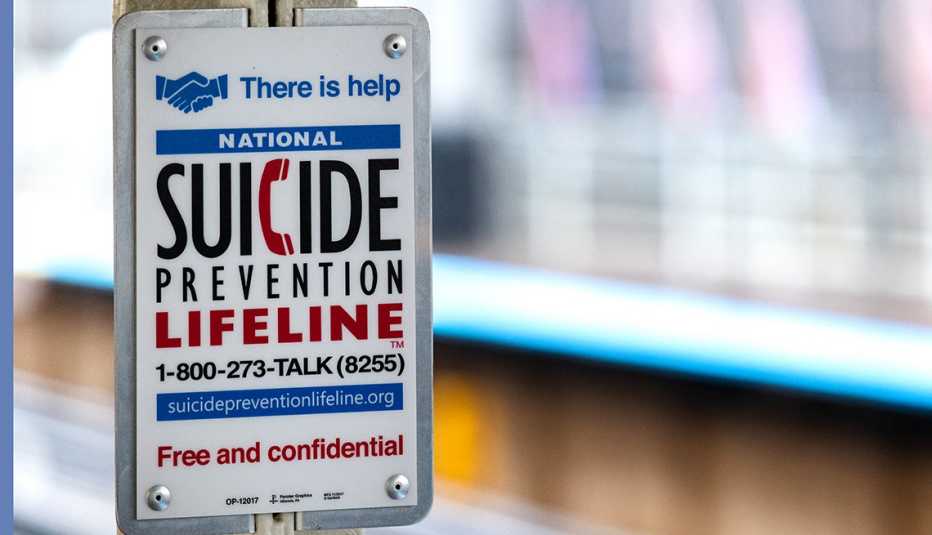Staying Fit
Before the COVID-19 pandemic, new patients at Inova Health System in Virginia often faced a one- or two-week waiting list to see a therapist. Now the wait is a month and a half — and three months for a psychiatrist.
“Most mental health care providers have really long waitlists; a lot of them aren't even adding patients,” says Rachel Noble, a licensed therapist and director of therapeutic programs and women's behavioral health at Inova. “Everyone is having to tell people no."


AARP Membership— $12 for your first year when you sign up for Automatic Renewal
Get instant access to members-only products and hundreds of discounts, a free second membership, and a subscription to AARP the Magazine.
More people seeking help
The pressures of the pandemic — from social isolation to job loss to grief — are increasing the need for mental health services, Noble believes. “There's a real mental health crisis going on,” she says. “Substance abuse clinics are full and turning people away. Calls to suicide hotlines have never been higher.”
The number of people in the U.S. reporting symptoms of depression from April through June 2020 increased fourfold over the same period in 2019, according to the Centers for Disease Control and Prevention (CDC). Three times as many Americans reported symptoms of anxiety disorder in that same period. And in a 2020 Southern Cross University survey, an astounding 98 percent of respondents said that COVID-19 had affected their mental health.
"We've always had a shortage of mental health providers, and the pandemic has made it that much worse,” says Lynn Linde, a counselor and chief knowledge and learning officer at the American Counseling Association (ACA).



































































